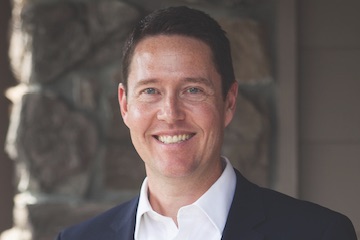I went through a long period where anything I read - other than news/current events and faith/spiritual - was related to my professional development and competence. About five years ago, I pivoted to more non-fiction with an emphasis on biography and military history, with a heavy dose of travel and retirement. I've read most of James Hornfischer's books, an incredible writer and historian on naval history. He passed away a few years ago, way too early in his fifties. The Last Stand of Tin Can Sailors, The Fleet at Flood Tide, Neptune's Inferno and Ship of Ghosts are all just so well written and impeccably researched. I've read a good number of Ambrose's books, and I particularly enjoyed his book on the Transcontinental Railroad, really fascinating. The Boys in the Boat, about the 1936 University of Washing rowing team, is a great, great read.
A couple of years ago, I was looking through my folks' built-in bookcase/guncase (quintessential seventies design) and underneath in the cabinets were books that were excess, wouldn't fit on the shelves. One caught my eye, The Trails of Wilderness Wanderer by Andy Russell. The book was very well written, and I found myself in the midst of a vocabulary lesson, all from a largely self-taught mountain man/wrangler/guide from the U.S./Canadian Rockies. It made such an impact on me - such a great lesson of self-development and -sufficiency - that I bought a handful of copies and mailed them to acquaintances I thought would enjoy the book. Fortitude by Dan Crenshaw was also a good read.
The good thing about having lapsed from intentional reading for general enjoyment a good portion of my adult life is that I'm reading more used books than new. Thriftbooks and Goodwill really like me, and I have two neighbors with similar reading interests, and probably half the books I read are loaners.
I'm currently working through D'Souza's biography of Reagan and Rolf Potts' Vagabonding.
RTR,
Tim

